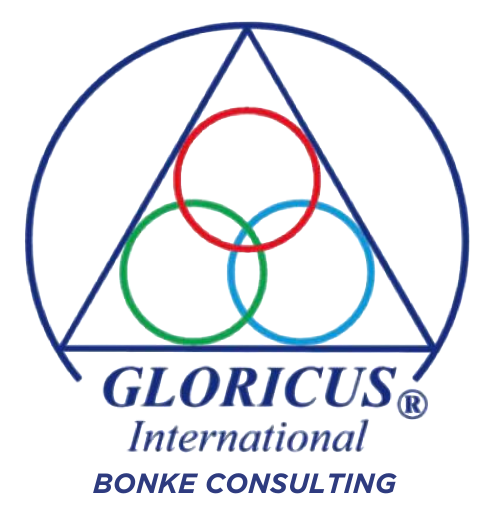Overview
Capital: Ljubljana
Official EU language(s): Slovenian
EU member country: since 1 May 2004
Currency: euro. Slovenia has been a member of the Eurozone since 1 January 2007.
Schengen: Slovenia joined the Schengen area on 21 December 2007.
Figures: Geographical size – population – gross domestic product (GDP) per capita in PPS
Political system
Slovenia operates as a parliamentary democratic republic with a prime minister serving as the head of government and a president as the head of state, directly elected by the populace. Executive and administrative authority is vested in the government, with the prime minister and ministers elected by Parliament. Slovenia, although lacking regional divisions, is composed of 212 municipalities.
Trade and economy
In 2020, Slovenia’s economy was characterized by key sectors including industry (27.2%), wholesale and retail trade, transport, accommodation, and food services (19.1%), and public administration, defense, education, human health, and social work activities (18.1%).
Within the EU, Slovenia primarily exports to Germany (17%), Italy (9%), and Croatia (7%), which constitute 67% of its total exports. Outside the EU, 10% of exports are directed to Switzerland and 3% to Serbia.
Imports mainly originate from EU countries, with Germany (14%), Italy (10%), and Austria (8%) being significant contributors, amounting to 59% of total imports. Beyond the EU, 6% of imports are sourced from Turkey and China.
Slovenia in the EU
European Parliament
Slovenia is represented by 8 members in the European Parliament.
European Parliament office in Slovenia
Council of the EU
Slovenian government representatives participate in Council meetings to adopt EU laws and coordinate policies.
Presidency of the Council of the EU
Slovenia held the Presidency of the Council of the EU in January-June 2008 and July-December 2021.
Current presidency of the Council of the EU
European Commission
Janez Lenarčič represents Slovenia as the Commissioner nominated to the European Commission, responsible for Crisis Management.
European Economic & Social Committee
Slovenia contributes 7 representatives to the European Economic and Social Committee, offering consultation on proposed laws affecting work and social situations.
European Committee of the Regions
With 7 representatives on the European Committee of the Regions, Slovenia ensures regional perspectives are considered in proposed laws.
Permanent representation to the EU
Slovenia communicates with EU institutions through its permanent representation in Brussels, ensuring effective pursuit of the country’s interests and policies within the EU.
Budgets and Funding
Slovenia’s contributions to the EU budget are determined based on its economic capacity, supporting various programs and projects across EU countries. The EU budget prioritizes the needs of Europeans as a whole.

